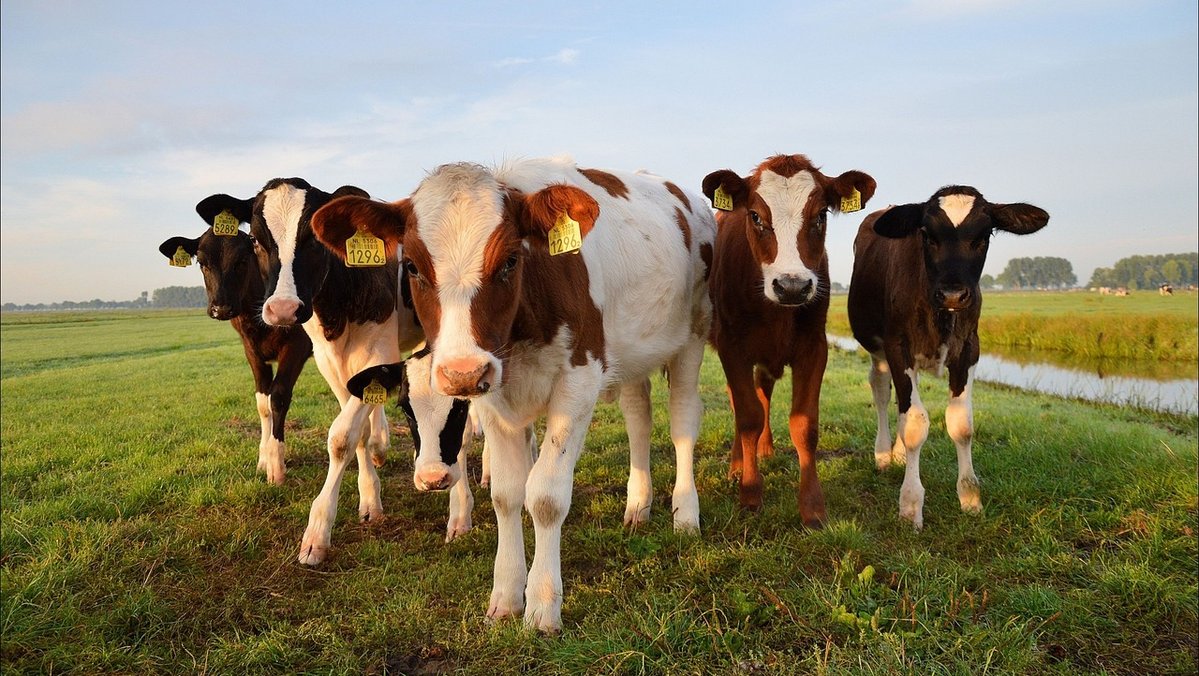Our Peatland Future Oldenburger Graben (UPFOG)
Cooperative peatland use in the Oldenburger Graben in Schleswig-Holstein for climate protection and agricultural value creation
Project description
In the Oldenburger Graben, a new concept for the communal use of moorland is to be developed that takes into account the various alternative production methods, land owners and users as well as their objectives. This project follows the principle “from practice for practice” and aims to establish a sustainable and value-adding use of moorland that supports both climate and nature conservation goals.
The project begins with a systematic survey of the current situation. This includes clarifying the ownership structure, management contracts and data protection issues as well as establishing communication channels with the landowners. The potential uses of peatland PV systems, climate points and paludicultures are then processed. The focus here is on practical implementation and the effects on land owners and users.
In a further step, the utilization potentials for intensive grassland, summer pasture and polder areas are examined. The relevant data will be derived from expert reports supported by MEKUN. At the same time, the legal status of the moorland cooperation will be examined in order to develop an economically and legally sensible structure for the cooperation that integrates all participants in the best possible way.
The project expects concrete results in several areas. Estimates are to be made of the impact on the areas, the structure, the number of farms and the added value of the land users and landowners in the Oldenburger Graben region. In addition, the willingness and expectations of landowners and land users to participate in the peatland community will be determined. Zones will be defined for various natural and economically viable uses. In addition, an economically and socially viable concept for communal peatland use will be developed that involves the affected landowners and land users in the region in the best possible way. Finally, the project will develop a basis for transferring the cooperative approach to other regions and farms that are also affected by peatland drainage.


![[Translate to Englisch:] Zwei Personen stehen auf einem Moorfeld und halten gemeinsam ein Stück Moorboden in den Händen, Screenshot aus einem YouTube-Video zum Thema Moorrenaturierung](/fileadmin/_processed_/3/d/csm_Screenshot_UMZOG_338e719e36.png)